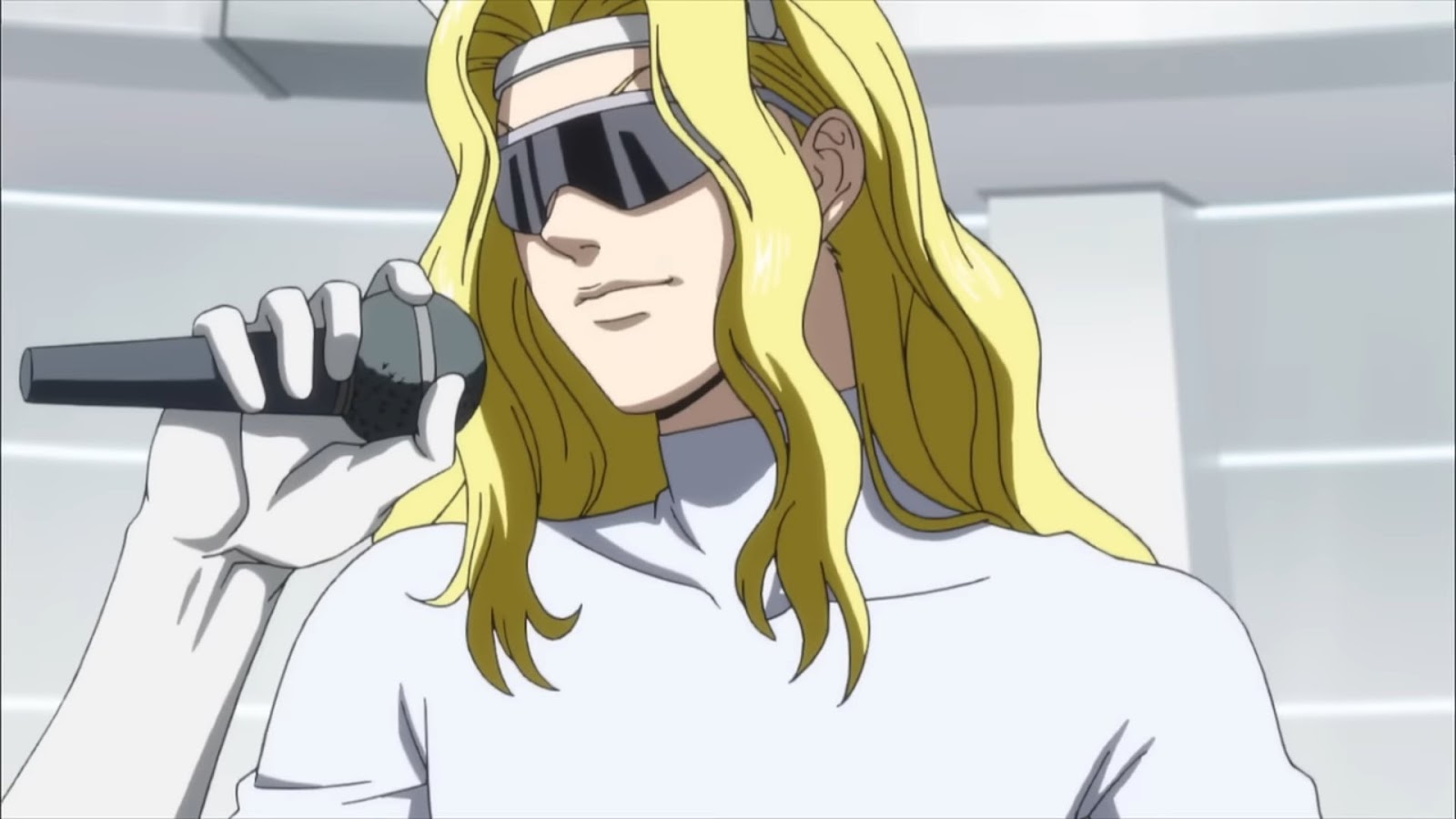Level E
“The Offbeat Anime Blending Sci-Fi, Comedy, and Absurdity”
Imagine encountering someone so entitled that they brazenly invade your sanctuary, donning your clothes and sipping your coffee. It's both amusing and unsettling, isn't it? The scenario teeters on the edge of absurdity, leaving you wondering what fate awaits this audacious trespasser. Will this peculiar encounter lead to an enduring friendship or necessitate a restraining order? Only time will tell.
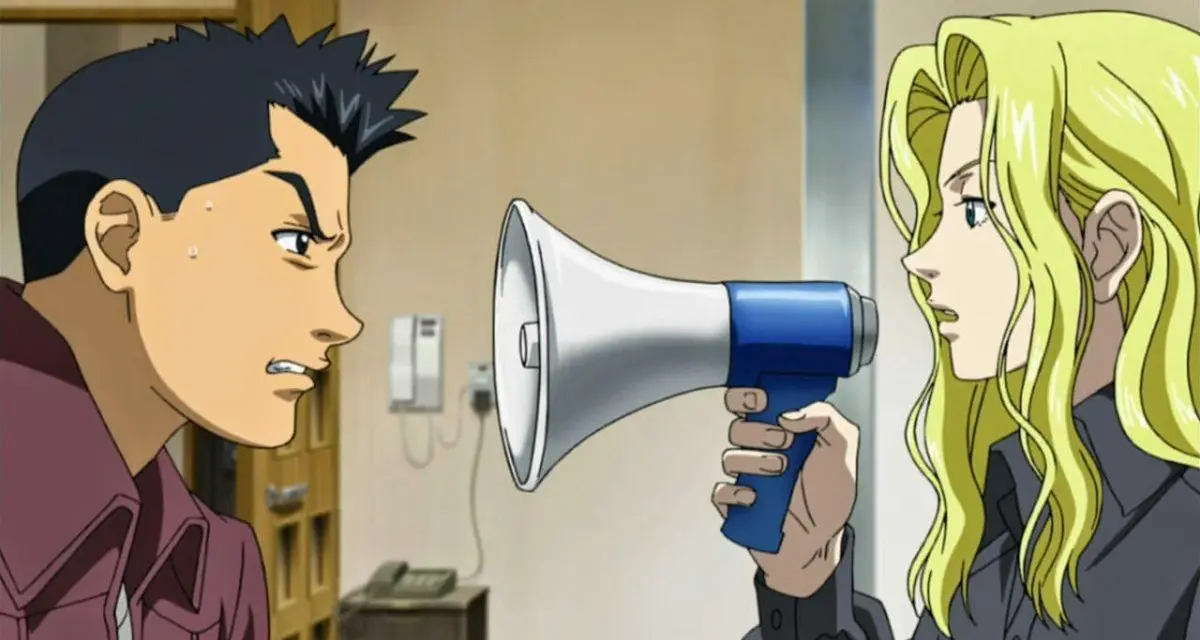
The Japanese anime series Level E is a creation of TV Tokyo, Pierrot, and David Production. With Jukki Hanada handling the series scripts, Itsuko Takeda creating the character designs, and Yang Bang-ean composing the music, Toshiyuki Kat is in charge of directing it.
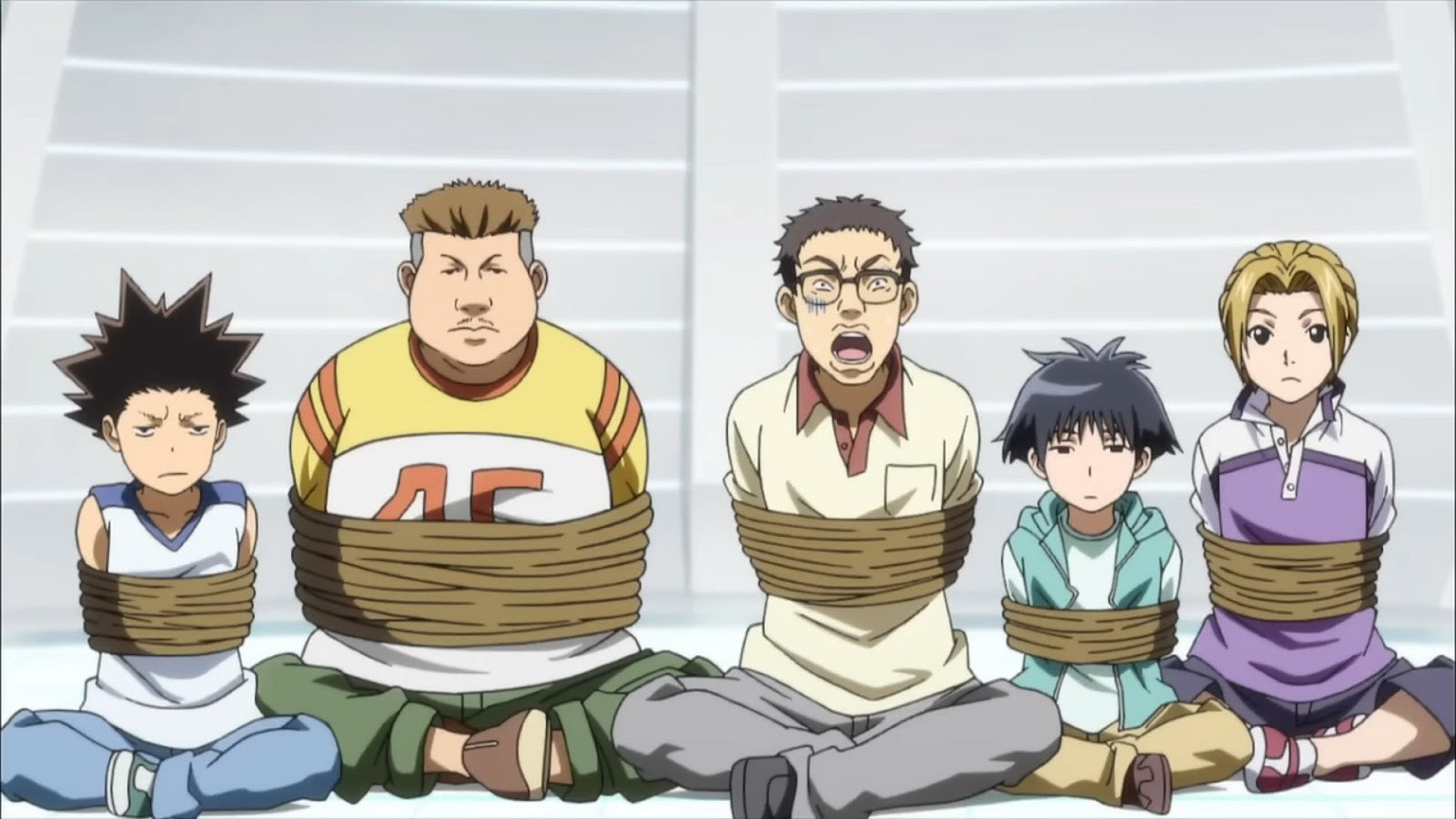
The series was simulcast on Crunchyroll's streaming website, available worldwide shortly after each episode aired on TV Tokyo. The CEO of Crunchyroll, Kun Geo, expressed gratitude for TV Tokyo's commitment to sharing anime with a global audience. Funimation also announced that they have acquired the license for the TV series. Level E was broadcast on TV Tokyo in Japan from the 11th of January up until the 5th of April in the winter of 2011.
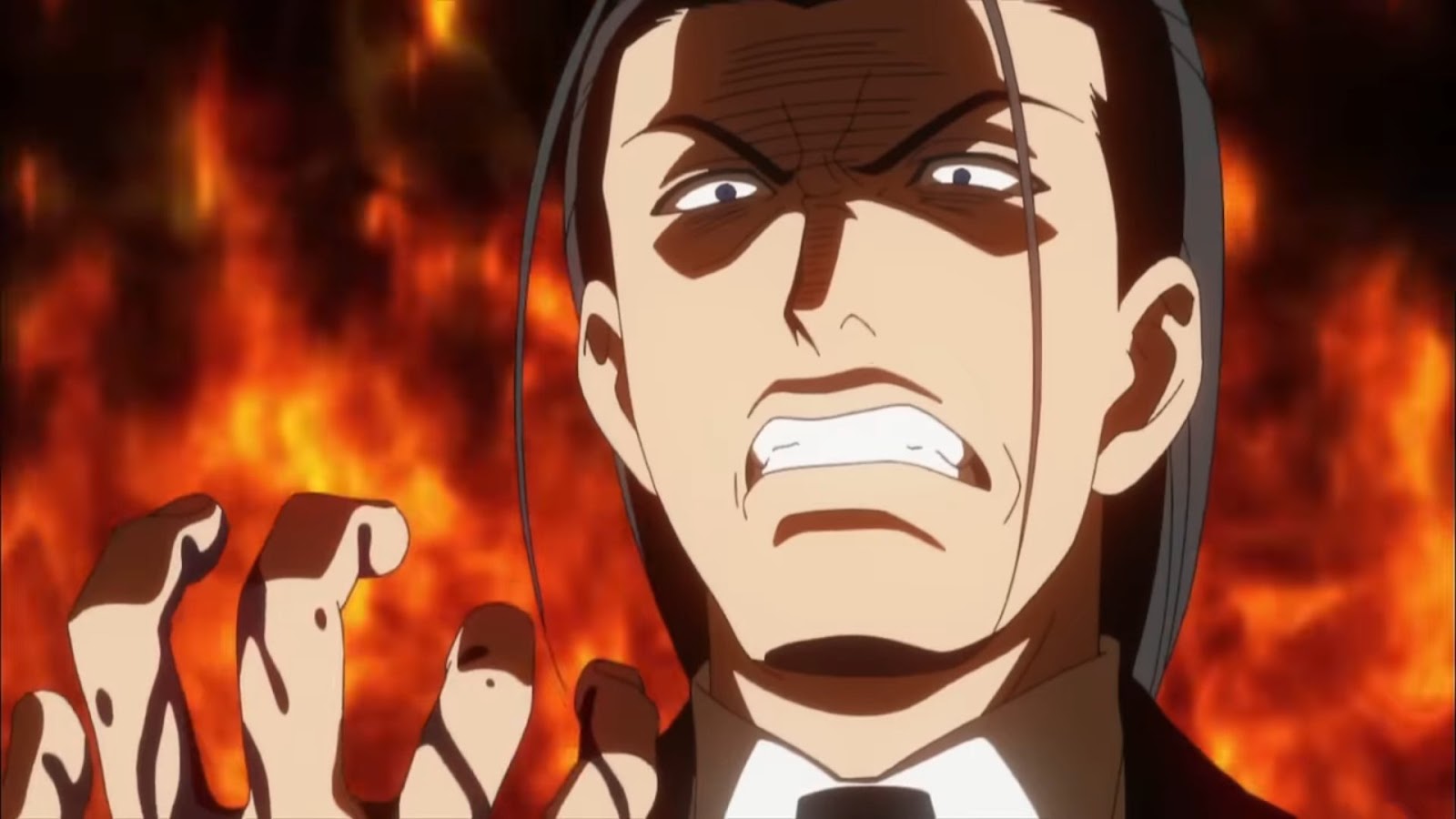
This TV series consists of 13 episodes and is based on a manga as its source material. It falls under the genres of comedy and sci-fi, with a theme of gag humor. The target demographic for the series is Shounen, and each episode has a duration of approximately 24 minutes. The show is rated R, indicating it contains violence and profanity.
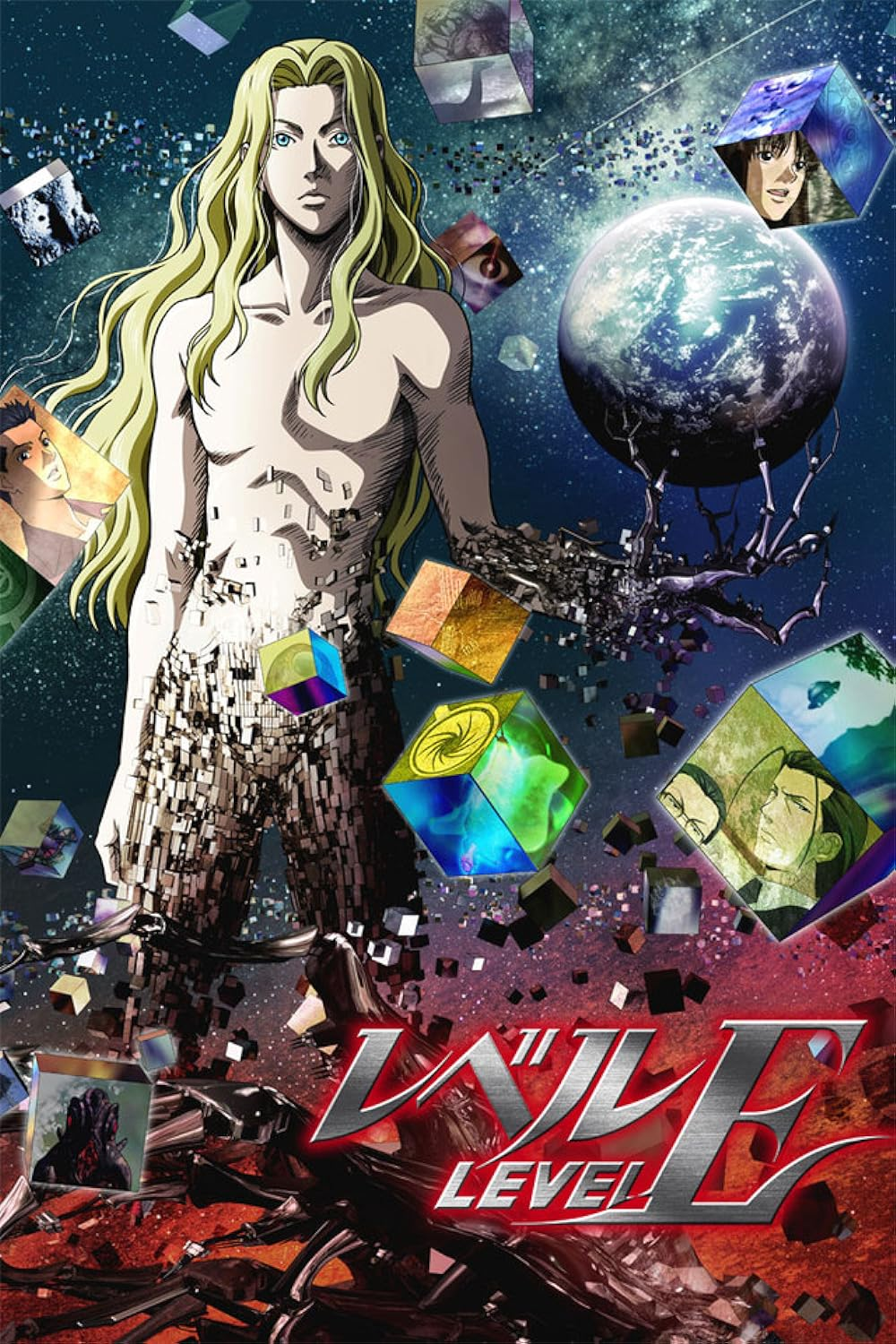
The source manga of the same name spanned a total of 3 volumes from September 19, 1995, until the 3rd of December 1996. It was serialized in Shounen Jump on a weekly basis and was the work of author and artist Togashi Yoshihiro.
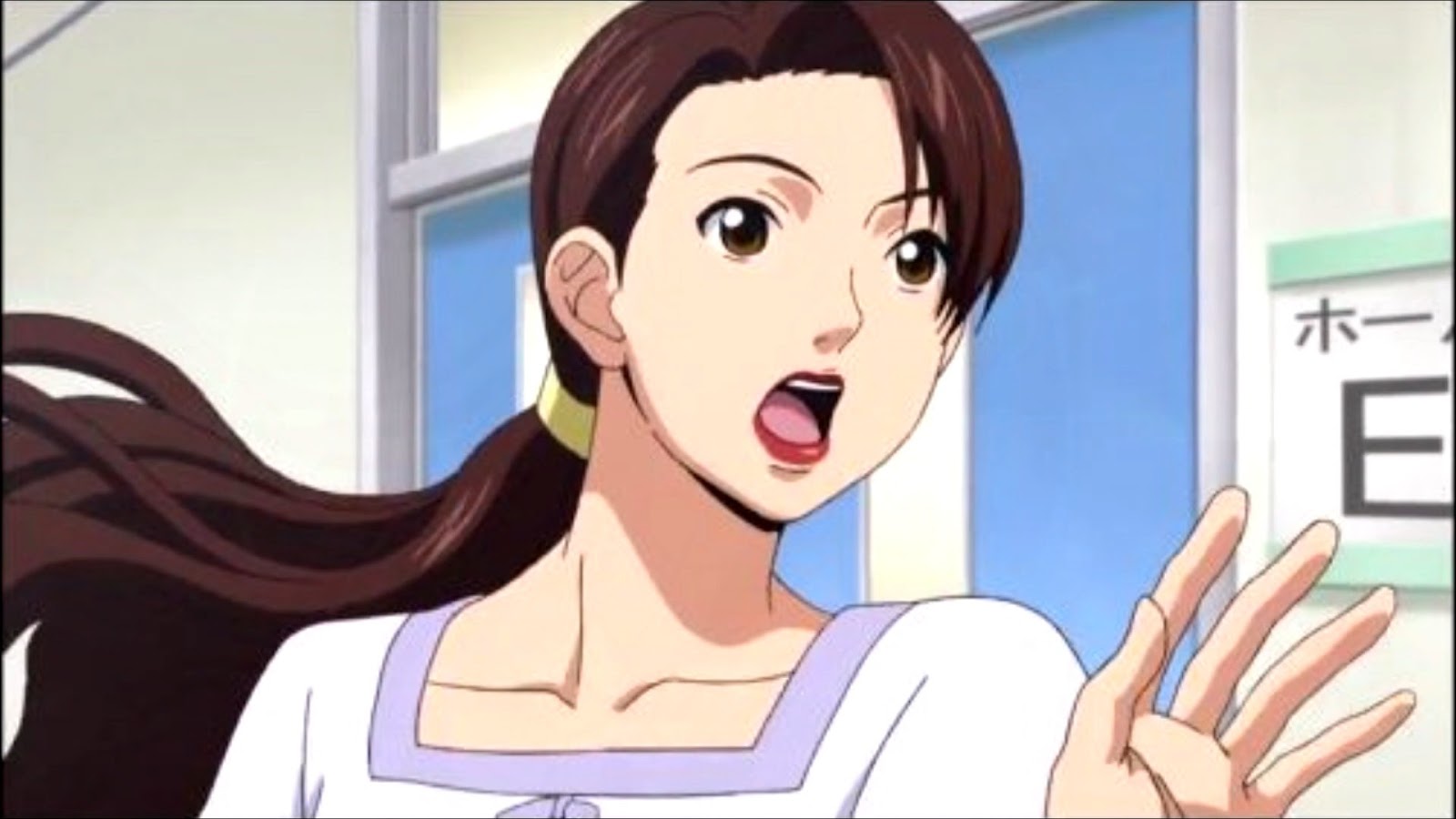
This name might be familiar to you if you’re a fan of Yu Yu Hakusho and Hunter x Hunter, which are his more widely popular works. Level E is one of his lesser-known works that got serialized alongside Gintama in the same magazine, ironically. You can bet the legendary-in-his-own-right Sorachi Hideaki also found some inspiration from Togashi sensei’s work, which he incorporated into Gintama in his own hilarious way.
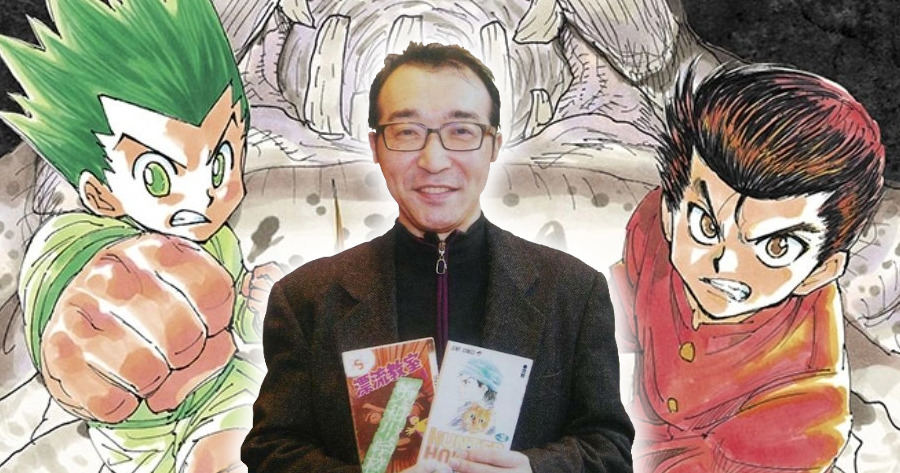
The anime adaptation of Level E takes place in the modern era, incorporating elements like flat-screen TVs and smartphones, which were not present when the original manga was released. The anime covers all chapters of the manga except for the final chapter titled "Honeymoon...!" Fumihiko Tachiki provides the narration for the anime. That said, the show's synopsis can be misleading and might not accurately represent what the story is truly about. It's challenging to provide a detailed summary without revealing spoilers. However, there are some important aspects of the show that should be mentioned from the beginning.

The story of Level E begins with Tsutsui Yukitaka, a young man preparing to start attending Kisaragi High School to pursue his passion for baseball. However, unbeknownst to him, Earth has become home to various aliens from different parts of the galaxy. These aliens are aware of each other's presence but have managed to keep their existence hidden from humanity through clever disguises.
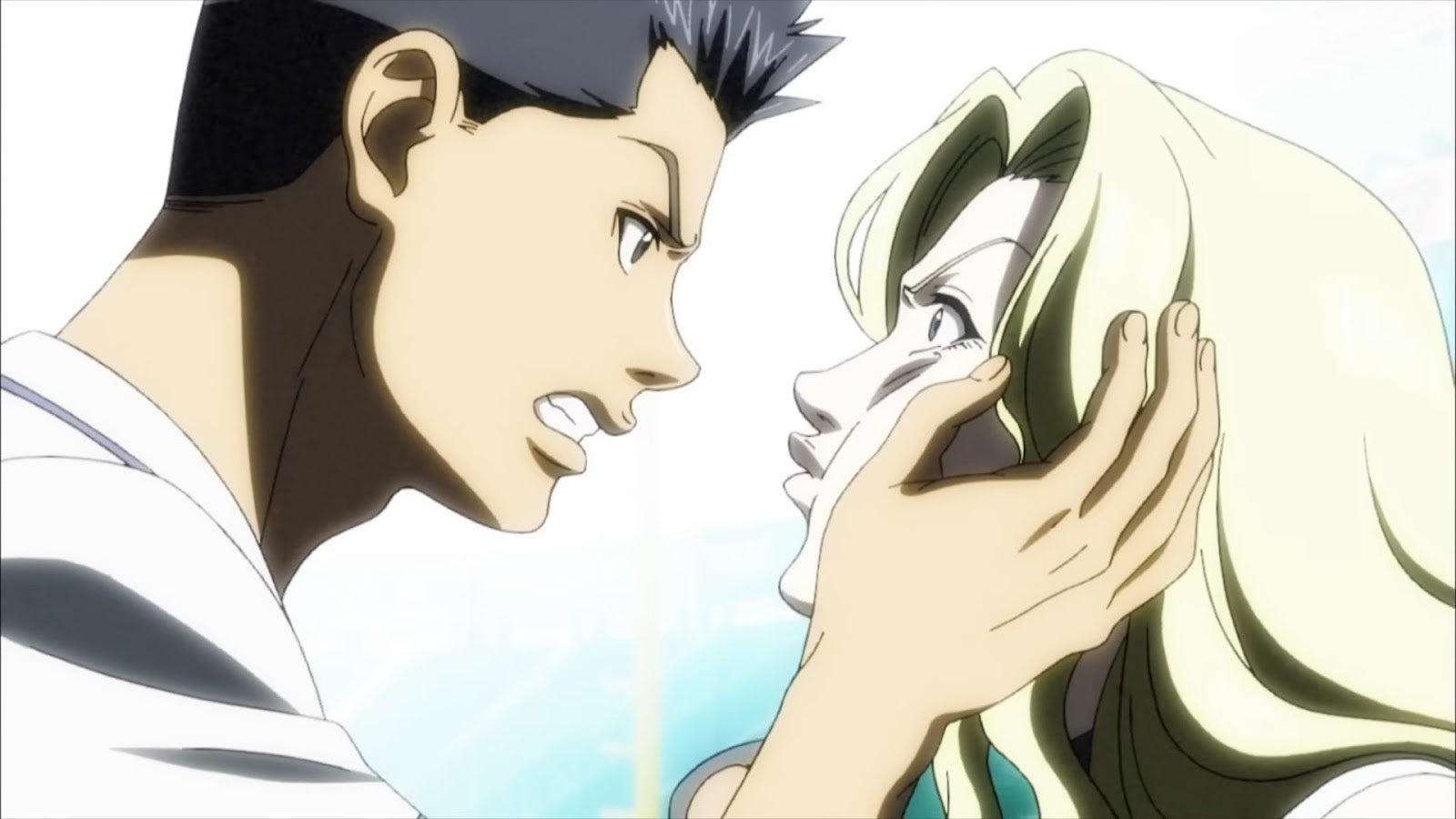
Tsutsui's life takes an unexpected turn when he discovers an elegant young man named Baka Ki El Dogra in his new apartment. Baka is an alien who has crash-landed on Earth and is suffering from amnesia. This encounter marks the beginning of Tsutsui's troubles and sets the stage for a series of intriguing events involving aliens, mysteries, and the secrets they hold.

The prince, Baka, in Level E is known throughout the galaxy for his foolish and mischievous nature. Regardless of the consequences, he finds amusement in inconveniencing others. Whether it's conducting absurd tests on his subordinates, granting strange powers to random children, or simply causing trouble, nobody is immune to the antics of this intergalactic fool. With his high intelligence, devilish demeanor, and poker-faced pranks, the prince becomes the central focus of the plot, while the supporting characters play secondary roles. Your enjoyment of the show will largely depend on your affinity for the prince's character and the humor derived from his mischievous nature.
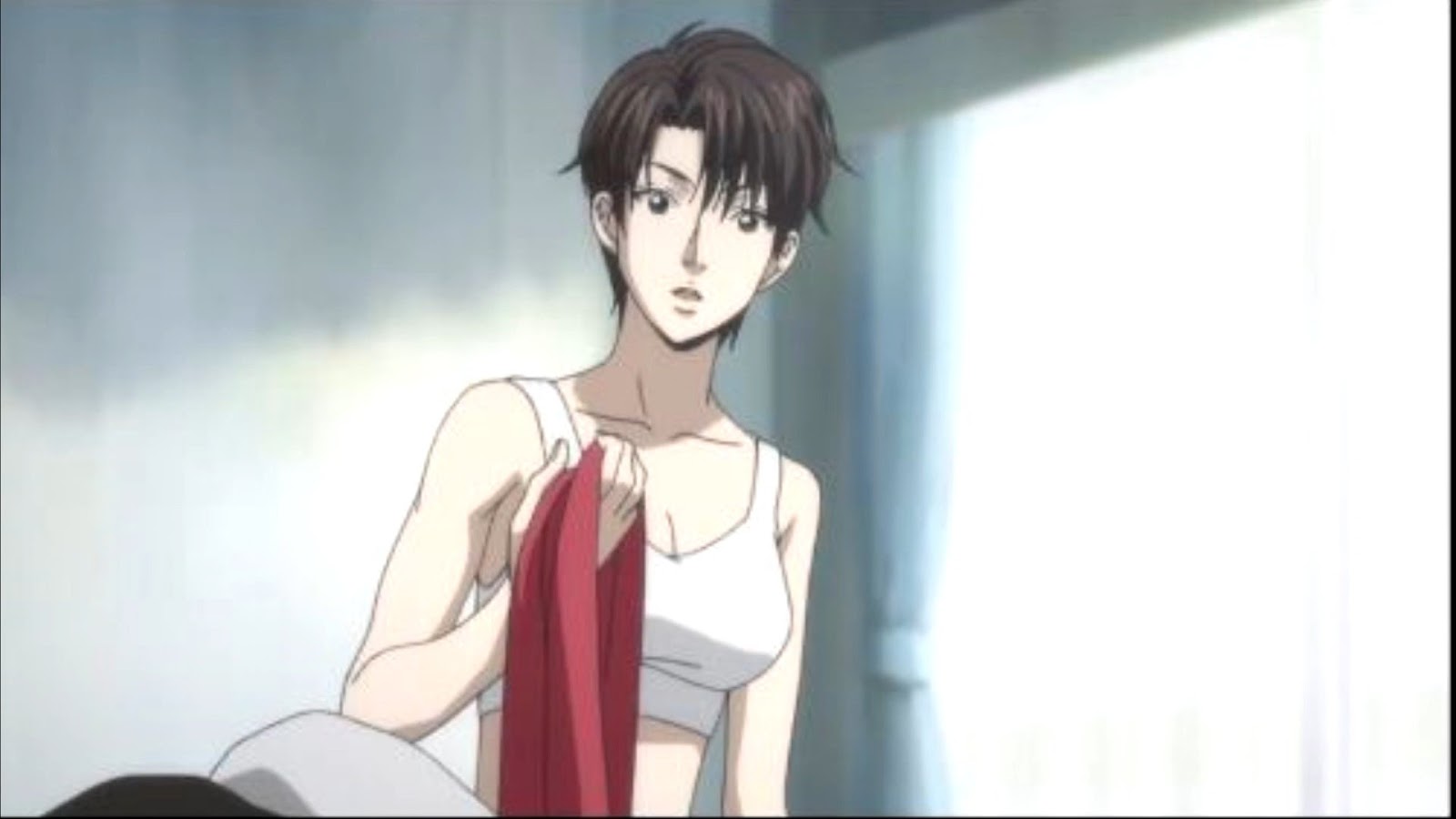
The story that unfolds in Level E explores the positive and beneficial relationship that develops between aliens and humans. This connection is built upon foundations of trust, respect, friendship, and other positive qualities. At first glance, it may appear that the plot revolves around telling individual short stories throughout the thirteen episodes. And to some extent, this assessment is accurate. However, what often goes unnoticed is the overarching theme of the series, which isn't immediately apparent. This is due to the limited continuity between different story arcs, even with the subtle connections that exist.
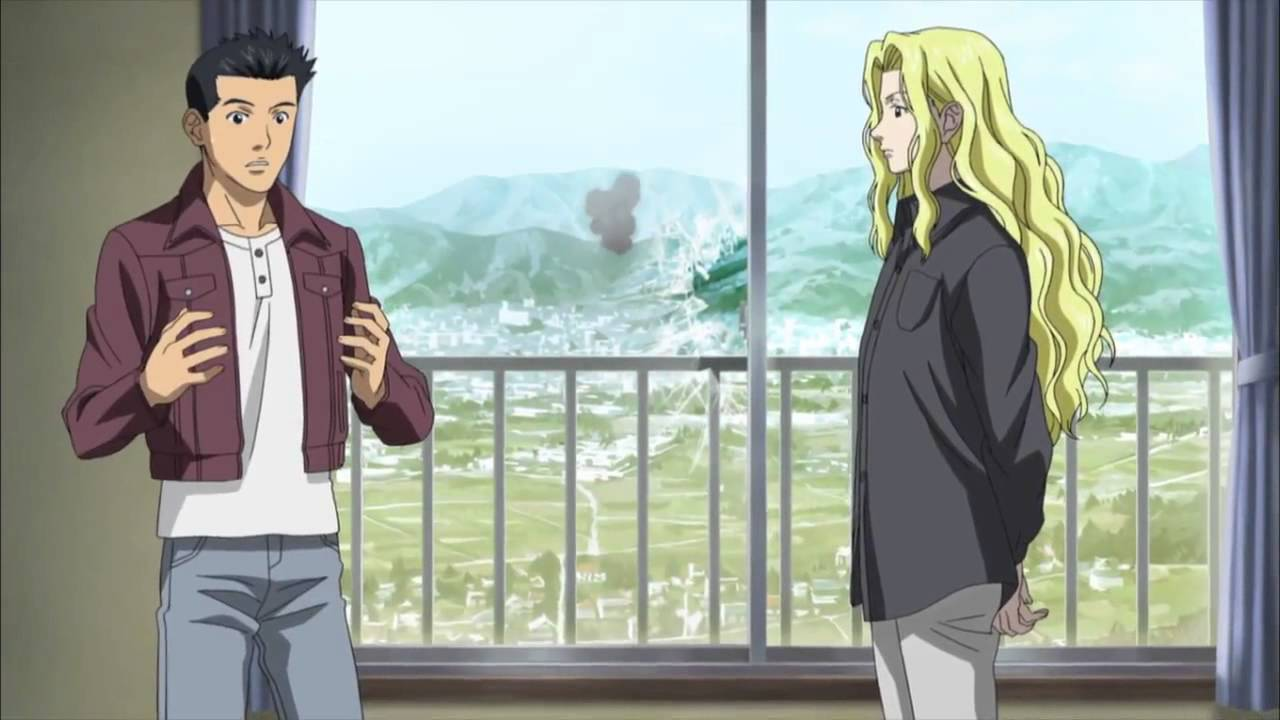
Viewers may often forget that the underlying theme of Level E is centered around boredom and the extreme lengths individuals will go to find entertainment. Despite being a comedy series, it is important to note that character development is not a prominent aspect of the show. However, what the series does offer is strong characterization. Each character is distinctly portrayed as an individual, with their own unique quirks and flaws, embodying the spirit of independent thinking and free will.
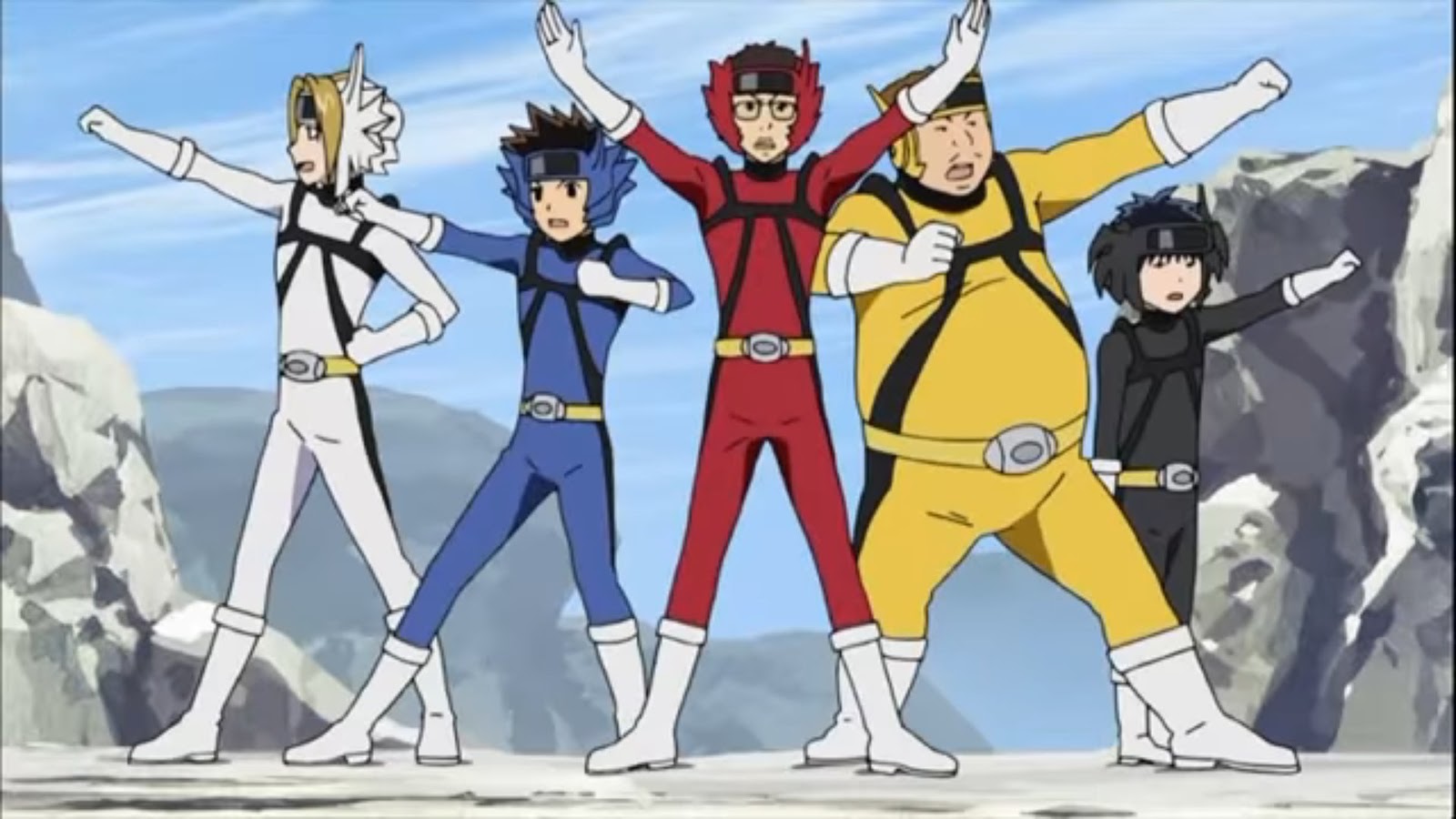
There is, however, an exception to this when it comes to their interactions with a specific blond-haired, blue-eyed humanoid character.
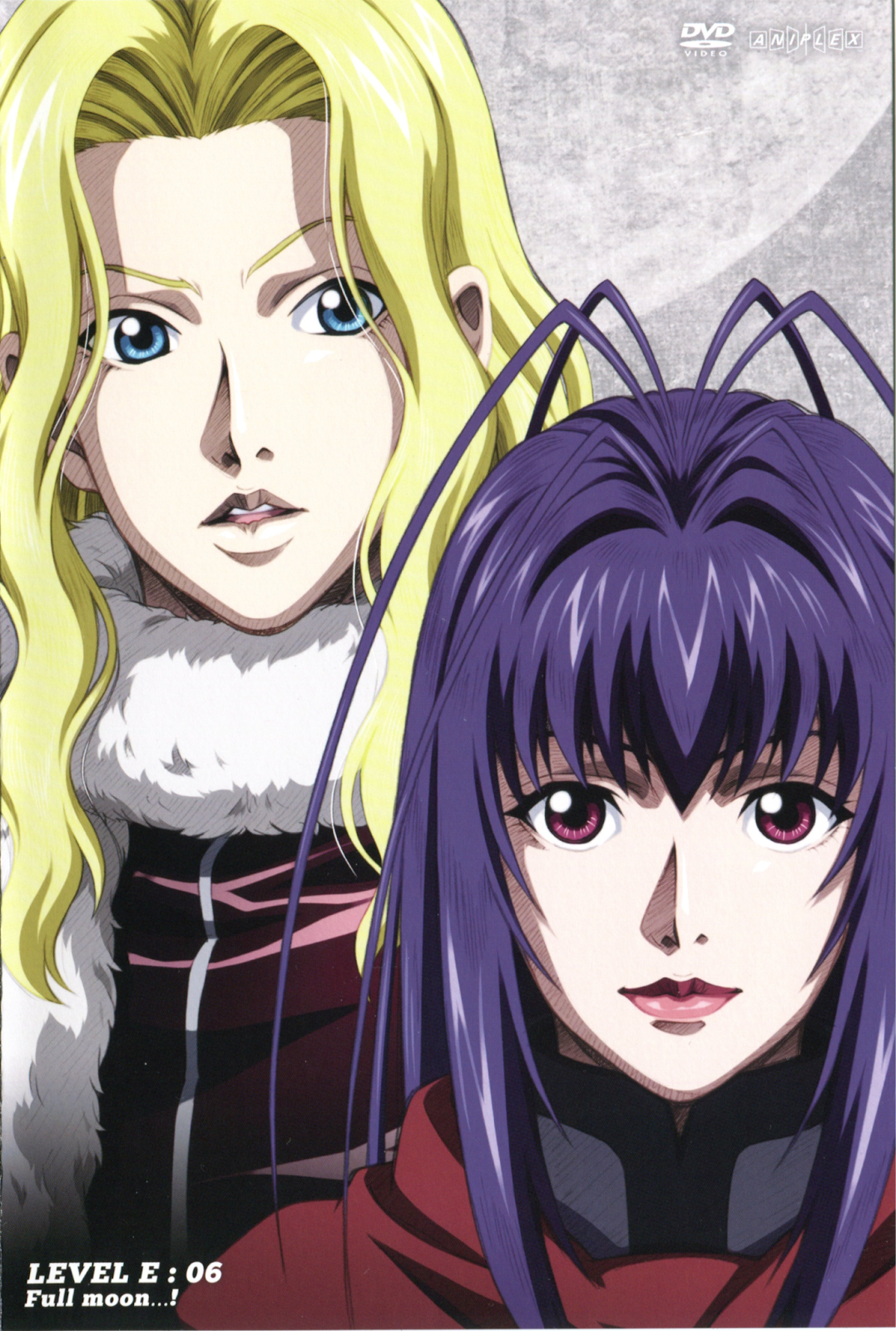
Baka is the driving force behind everything that happens in Level E. His energetic spirit, unwavering determination, and sharp intellect are always evident as he relentlessly searches for something amusing or intriguing. In many ways, his personality is similar to Guu from Jungle wa Itsumo Hale Nochi Guu, as both characters show little concern for the people caught up in their schemes and seem to derive pleasure from pushing their closest companions to the brink of a breakdown.
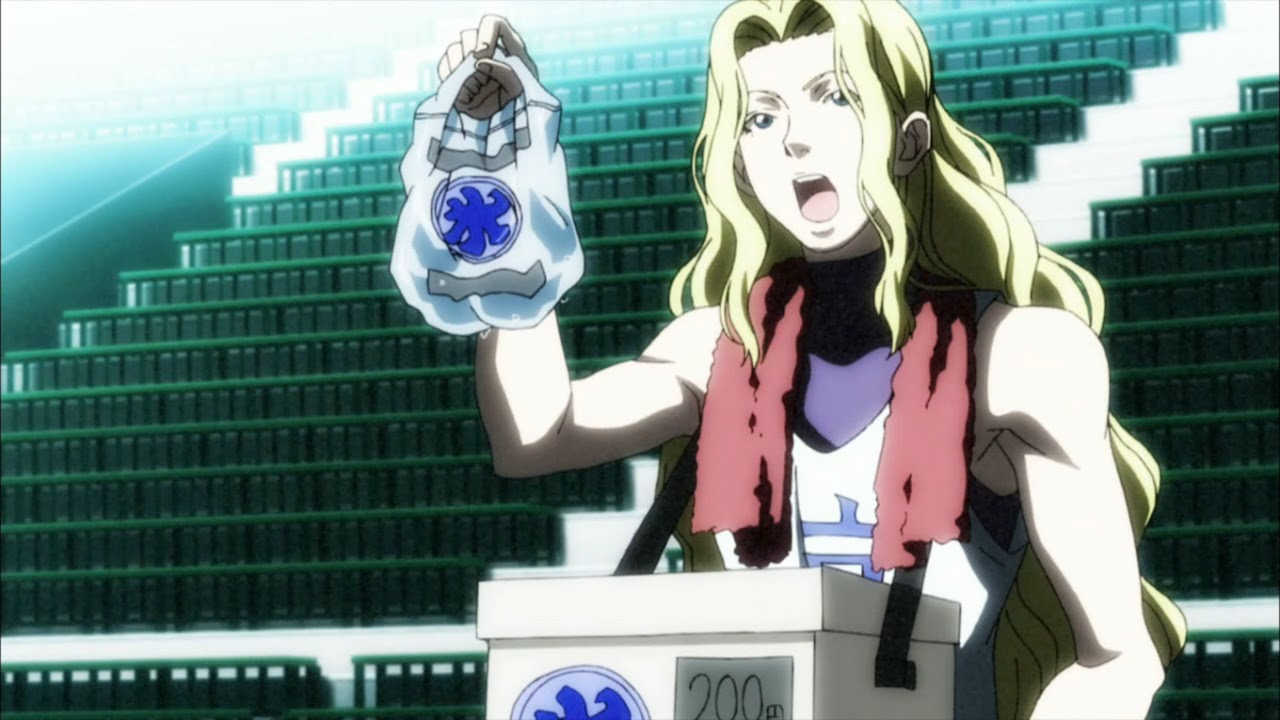
Regarding the show's production values, the manga's character designs and artwork have been given a fresh look, featuring realistic and detailed art styles. The backgrounds create an atmospheric setting, and there are several scenes with impressive experimental visuals that will leave a lasting impression even after completing the series.
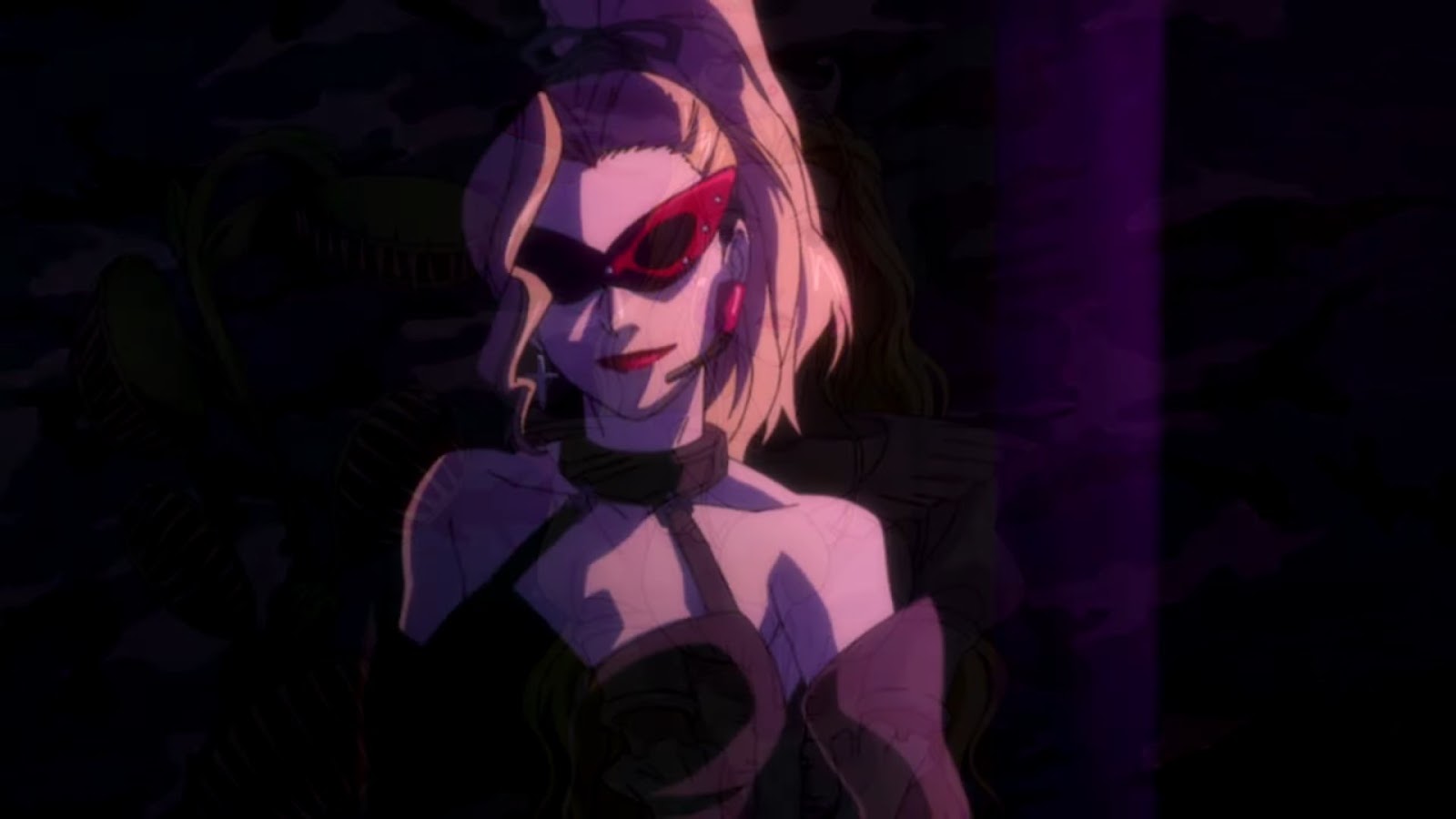
The animation quality in Level E is often impressive, particularly during the exaggerated actions in comedy sketches. It's interesting to note that while the overall character movements are well executed, it is Baka's comical and cartoonish antics, along with his deadpan delivery, that truly shine and capture the audience's attention. The CG (computer graphics) used in the series is of good quality, although there are a few occasional moments that might seem out of place. However, special focus has been given to spaceships and visual effects, resulting in imaginative and visually captivating set pieces that add an extra dimension to the series.
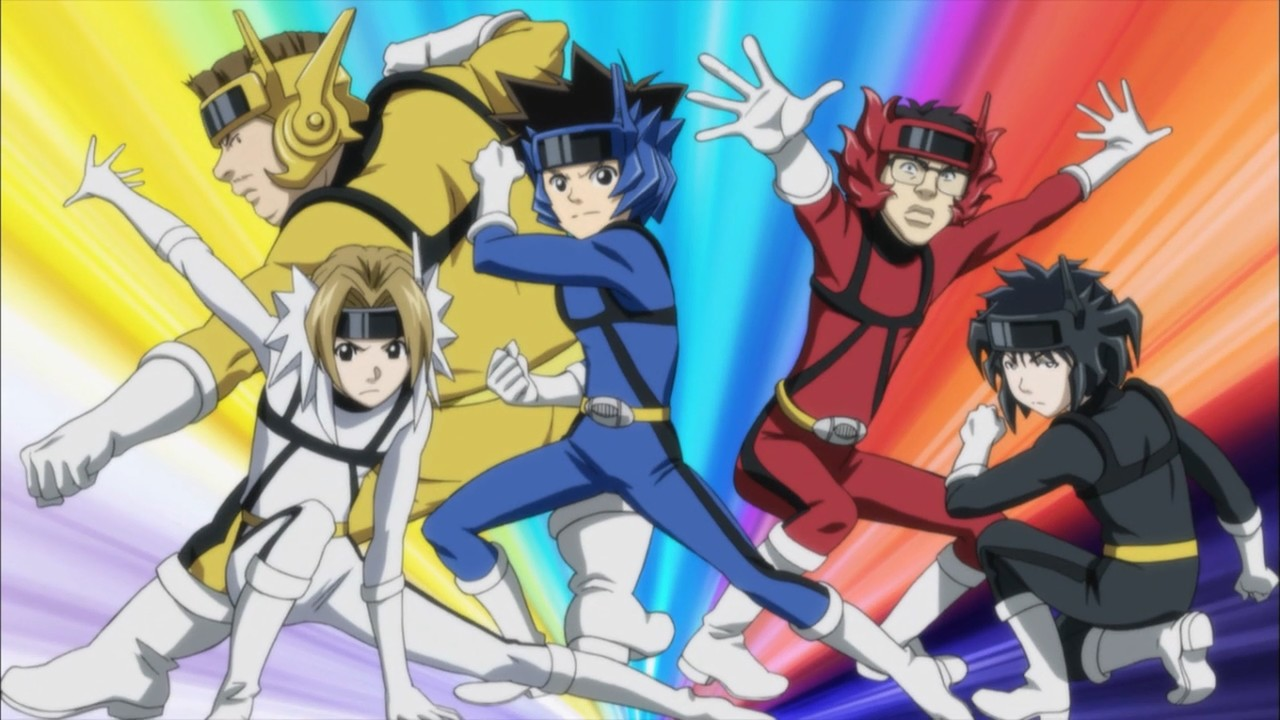
The opening theme of the show, "Cold Finger Girl" by Chiaki Kuriyama, sets the tone for Level E. The ending theme, "Yume~Mugen no Kanata~" by ViViDm, provides a satisfying conclusion to each episode. The background music in the series is diverse and appropriately complements specific scenes, enhancing their impact.
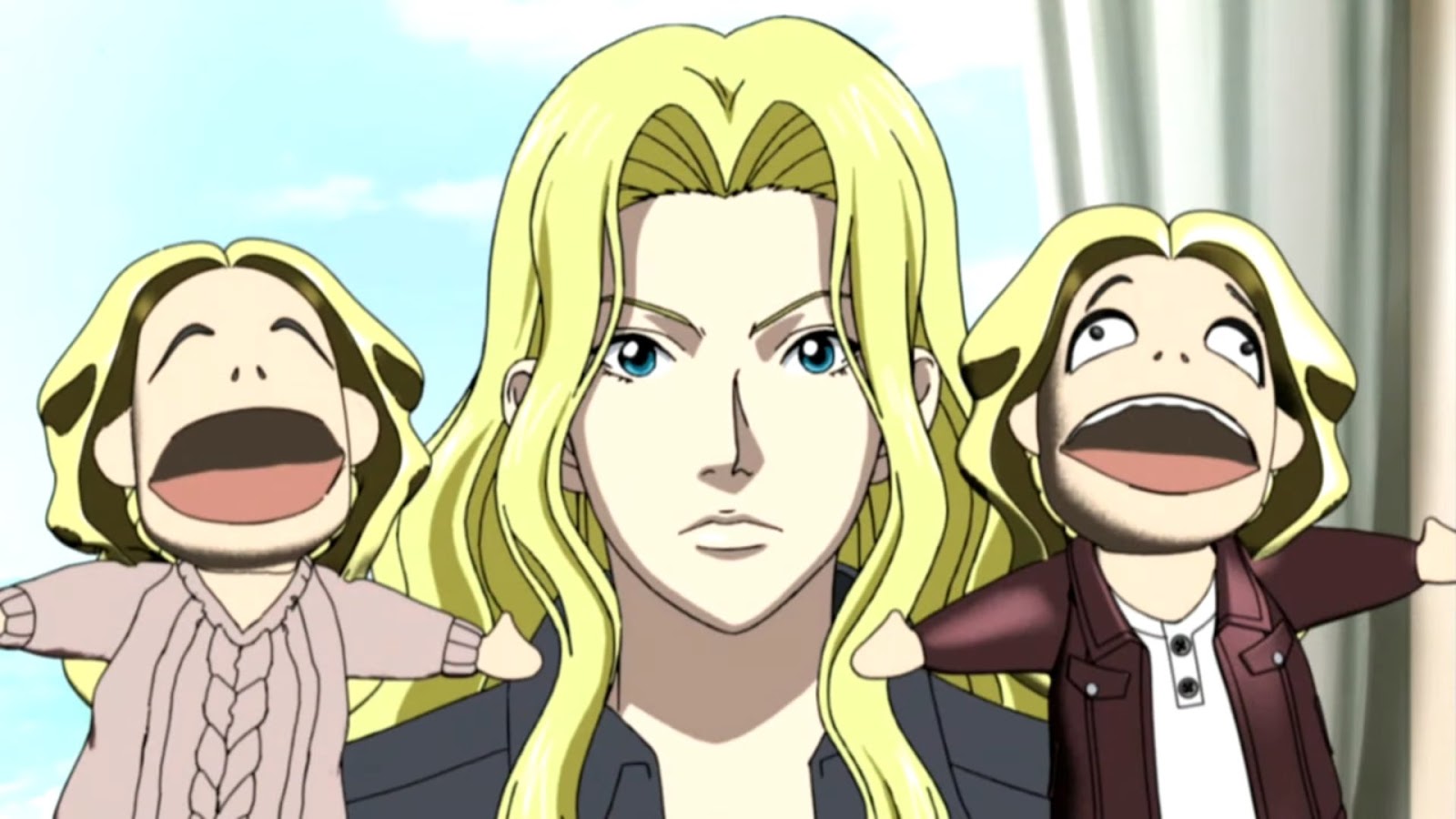
The score and sound effects are well coordinated, but what truly stands out is the voice acting. Namikawa Daisuke's portrayal of Baka Ki El Dogra is particularly remarkable, as he demonstrates excellent comedic timing and delivery. While the rest of the cast also delivers performances of high caliber, they mainly serve as a supporting stage for Namikawa's Baka, who takes the spotlight with his playful antics and amusement.
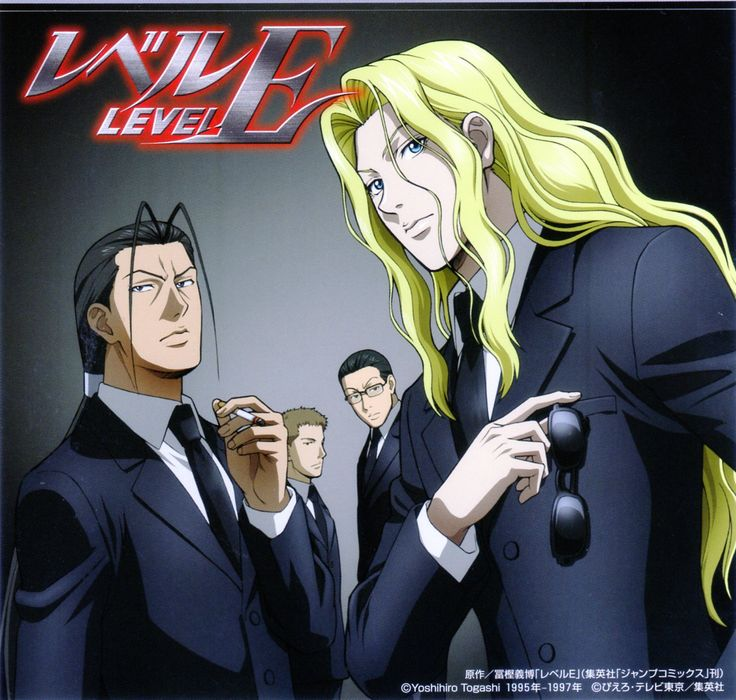
Level E's comedic take on alien-human relations may initially seem similar to Gintama, but they are fundamentally different. While there are some similarities, they are unique in their own ways. Interestingly, Level E can serve as a great introduction for those interested in the humor of Gintama but find its extensive episode count daunting.
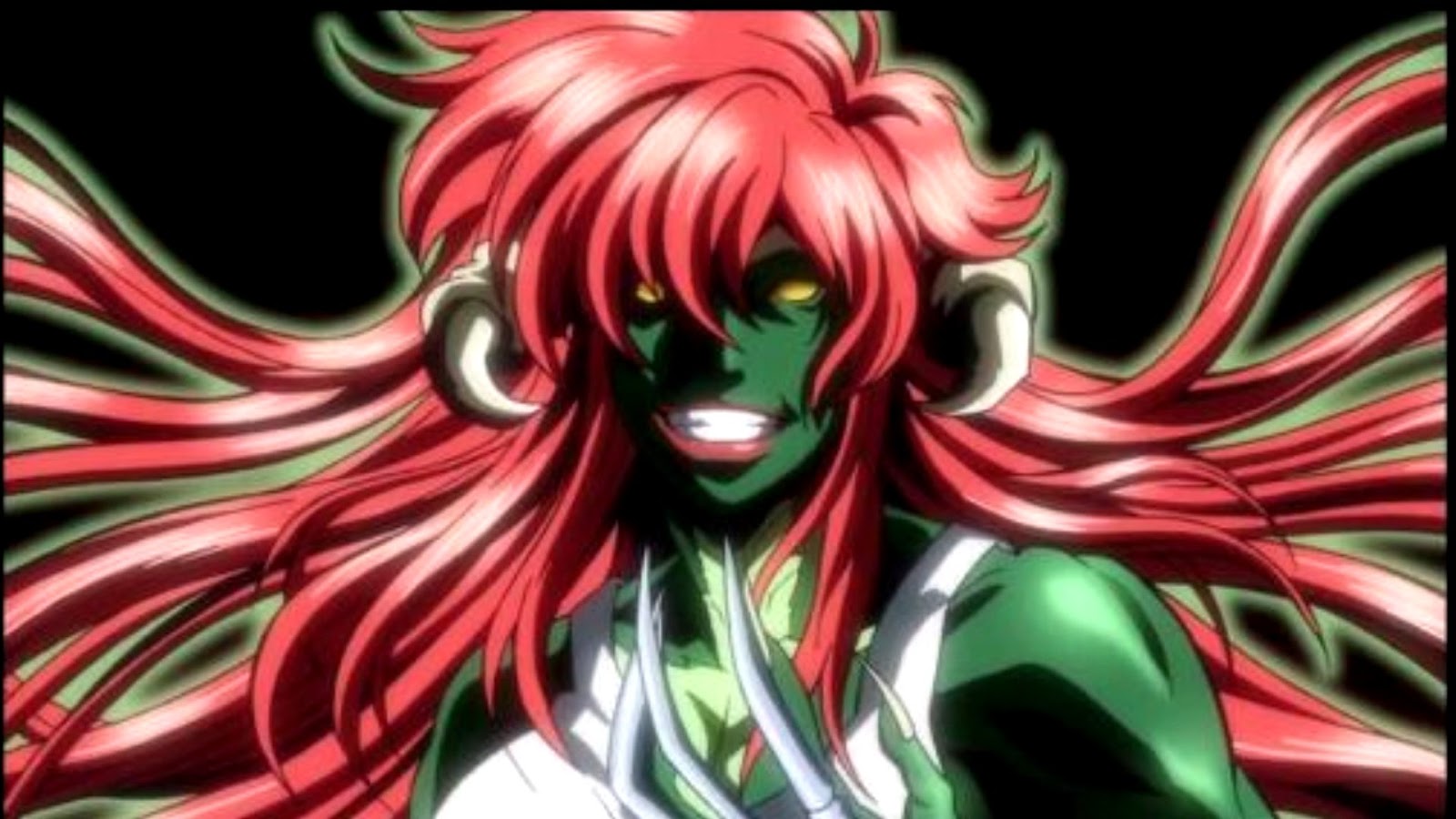
However, it's important to note that Level E may not be suitable for viewers who prefer a clear central plot, dramatic character development, or a structured storyline. If you're someone who prefers complexity and a central direction in anime, you might want to reconsider watching this series. On the other hand, if you appreciate episodic shows for their diverse storytelling potential, you will likely enjoy Level E. It is unfortunate that, despite its sitcom-like structure, the series is relatively short, leaving one longing for more episodes.
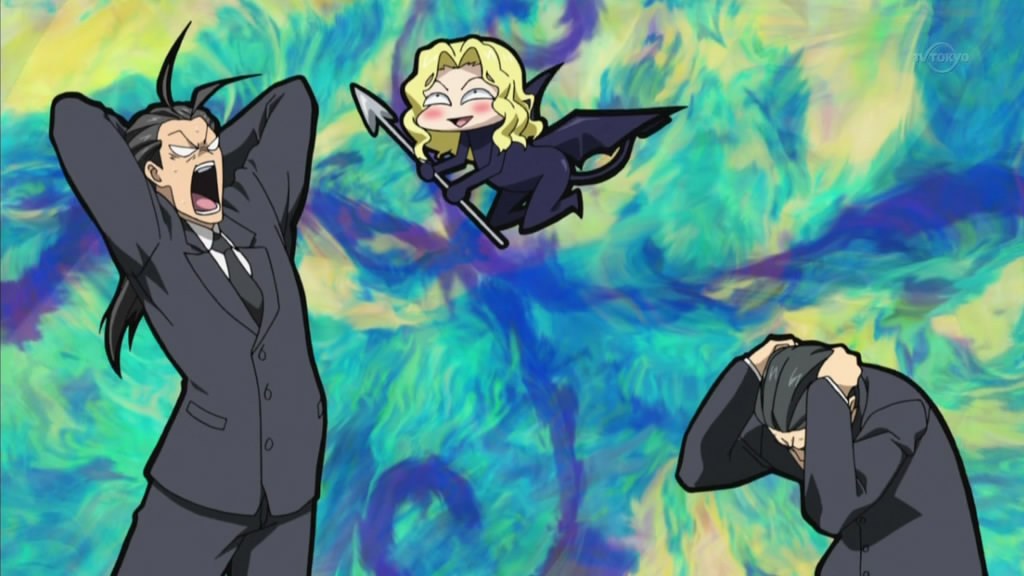
Level E offers a range of themes and is not solely focused on comedy, contrary to initial impressions. This diverse approach can be seen as both a positive and a negative aspect of the show. On one hand, some viewers may not appreciate the lack of consistency in terms of genre, theme, or overarching story. However, others may find it appealing precisely because of the variety it offers.
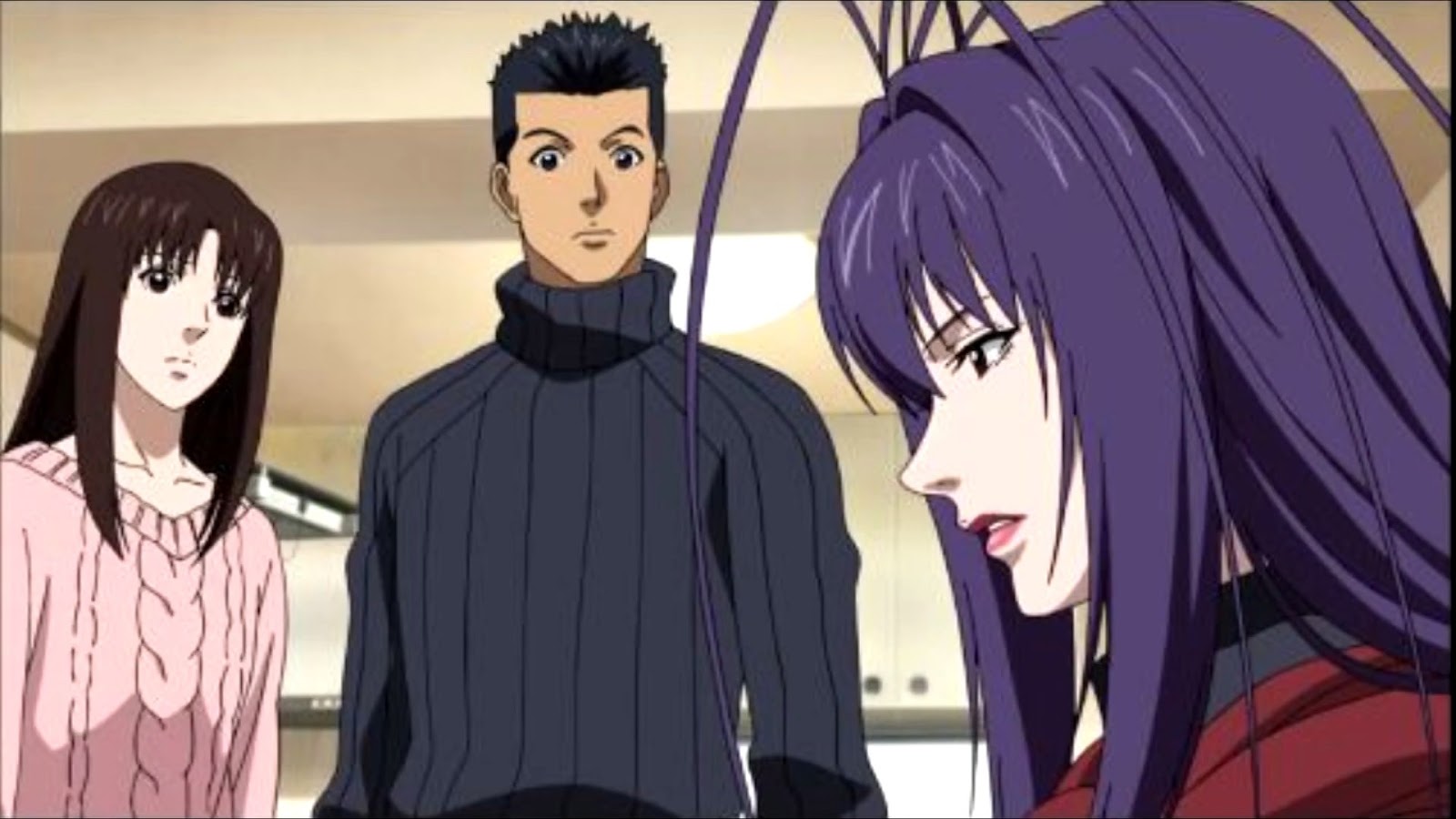
The episodic structure and diverse themes mean that not all episodes are equally strong, and individual preferences may vary regarding particular arcs. The inherent trade-off of having an episodic structure and exploring various themes is that the quality and reception of episodes can differ among viewers. Some may enjoy certain arcs more than others, while opinions may vary. While this show certainly isn’t for everyone, I recommend you give it a go if you’re a fan of the themes, genres, and Togashi sensei’s work overall!
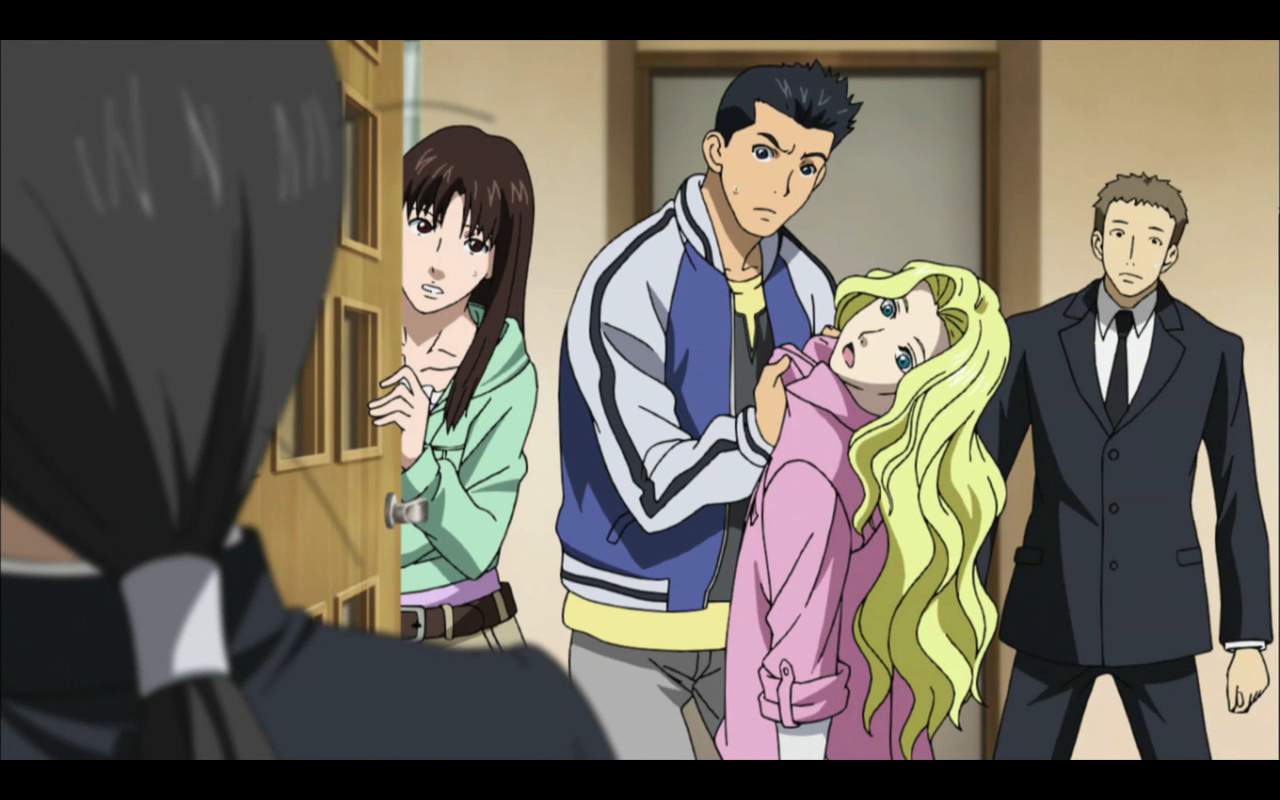
Please Like, Comment, Share or click one of the links below to read another post.
https://pinnedupink.com/blogs/random-thoughts-because-mondays-suck
https://pinnedupink.com/blogs/on-screen
https://pinnedupink.com/blogs/flashbacks
